
A ski instructor (right) teaches youngsters at a ski resort in Xiangyang, Hubei province, on Dec 20. (Photo by YANG TAO/FOR CHINA DAILY)
Revenues from snow-themed travel are forecast to witness rapid growth this winter, as operators offer improved services and consumers indicate increased enthusiasm for hitting the slopes following the country's optimized COVID-19 response measures.
Since the holding of the 2022 Beijing Winter Olympic Games, teenagers and young children have shown a greater interest in skiing-related activities.
Chinese people born in the 1990s and after the year 2000 are the main groups of skiers, according to Nanjing, Jiangsu province-based online travel agency Tuniu.
The number of bookings for skiing-related services made by these two age groups put together accounts for 60 percent of the total such bookings, and the number of children who have gone skiing with their parents is on the rise, Tuniu said.
Eyeing the trend of Chinese consumers' higher enthusiasm for skiing, Swiss luxury watchmaker IWC Schaffhausen organized a day on the slopes for young skiers in early December.
The company's brand ambassador, freestyle skier Eileen Gu, showed children how to improve their skiing skills at the Genting Snow Park in Zhangjiakou, Hebei province, during the event.
IWC said it was the second skiing class it had held with Gu in 2023, after hosting one in Colorado, the United States, earlier in the year.
This reflects the company's commitment to helping children believe in themselves through sports, it said.
"We strongly believe sport is important for the integration of children. It unites them, gives them confidence and can help them feel good about themselves. So, it means a lot to us to be able to create environments where children can experience the fun and joy of sport," said Franziska Gsell, chief marketing officer of IWC.
China is one of the most dynamic luxury markets for the company and IWC is confident about its operations in the country, it said.
During the ongoing skiing season, there has been high demand for skiing-related activity from residents in Shanghai, Beijing, Nanjing, and Guangzhou and Shenzhen in Guangdong province, Tuniu found.
The widespread popularity of ice and snow sports and the emergence of indoor ski resorts and snow parks have enabled people from the southern regions of China to experience skiing-related activities at any time of the year, it said.
Popular domestic destinations for snowboarders include Northeast China, Yunnan province, Guizhou province and the Xinjiang Uygur autonomous region.
Overseas destinations for ice and snow trips have also caught the attention of Chinese travelers.
Some sought-after destinations include Finland, Switzerland, Denmark, Norway and Iceland.
Tuniu said all of its group tours to Finland in November and December were sold out, and some travelers have even booked trips for March.
In addition, young Chinese consumers have been attracted to high-end hot springs in the winter season.
In designing its domestic group-tour products, Tuniu said it combines the preferences of travelers and the advantages of destinations, while also adding hot spring resorts or hot spring-themed hotels in its itineraries.
"An increasing number of Chinese consumers are no longer satisfied with traditional hot spring experiences, and they are seeking more diversified, personalized and high-quality hot spring vacation products," said Qi Chunguang, vice-president of Tuniu.
Moreover, the accelerated recovery of the outbound tourism market and supply of increasingly premium products has meant that bookings of overseas hot spring tours by Chinese travelers are also climbing.
In November, the number of bookings for outbound hot spring tours accounted for 15 percent of the total orders for overseas tours, Tuniu found.
Hot springs in a number of Japanese cities such as Nagoya and Hakone have received good bookings, while some unique hot spring experiences in Iceland, Switzerland, Thailand and Turkiye have also seen significant increases in bookings, said the travel agency.








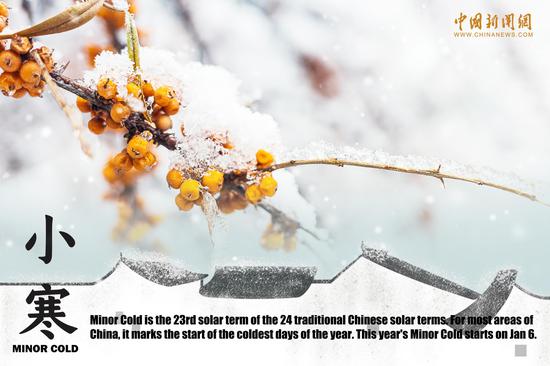
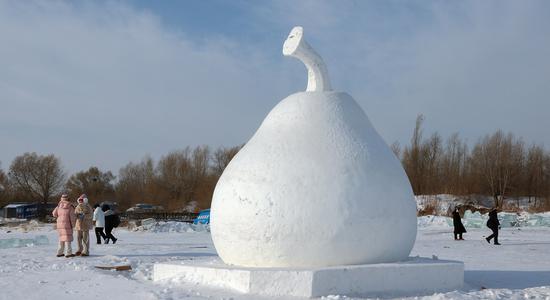
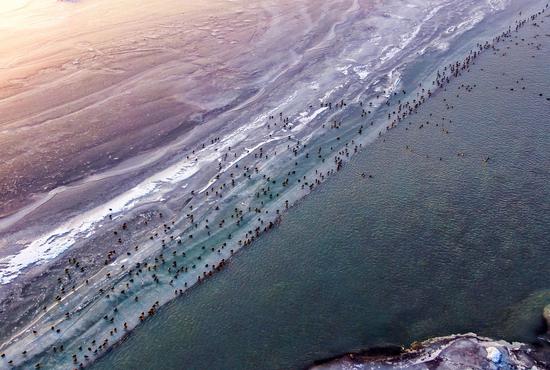
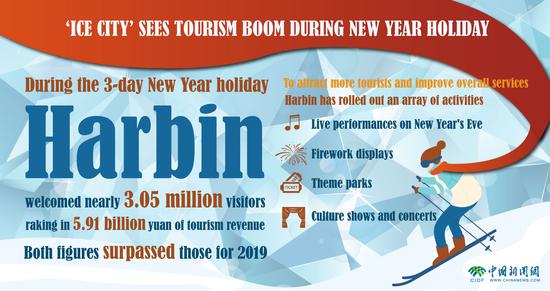

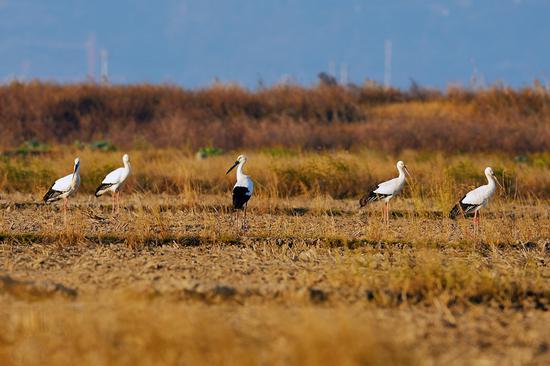
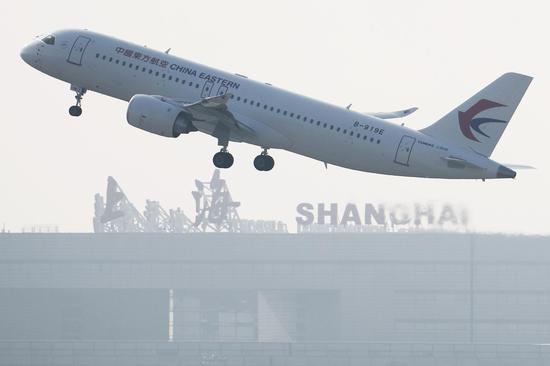
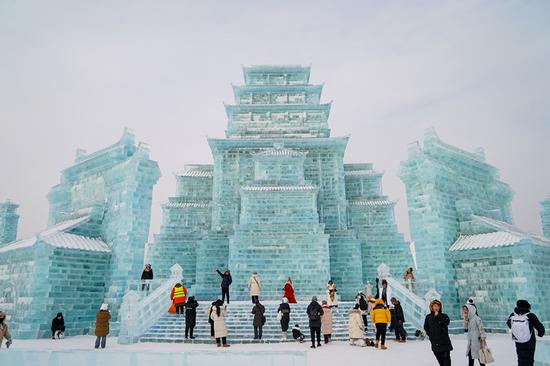


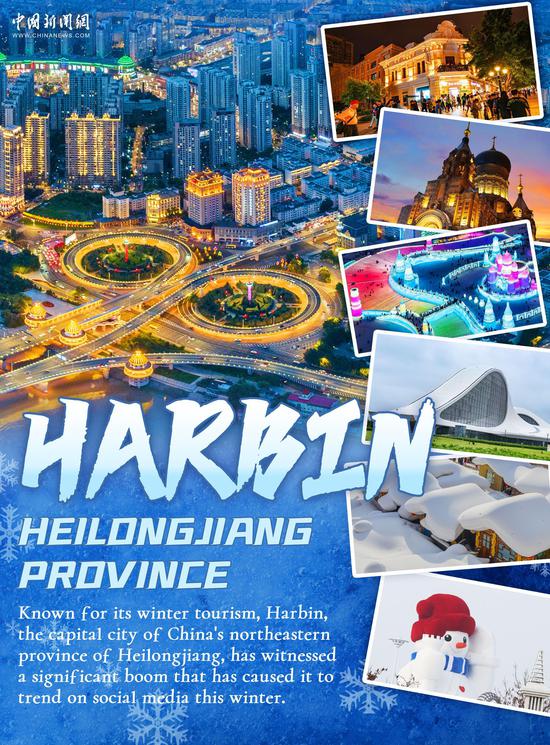
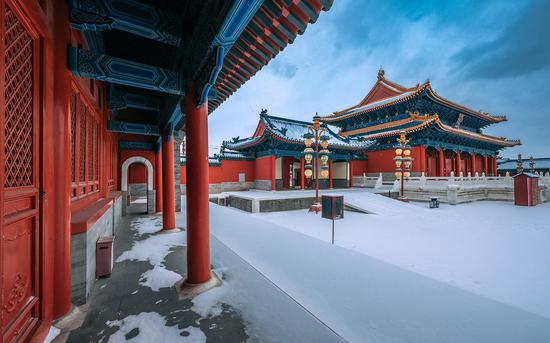

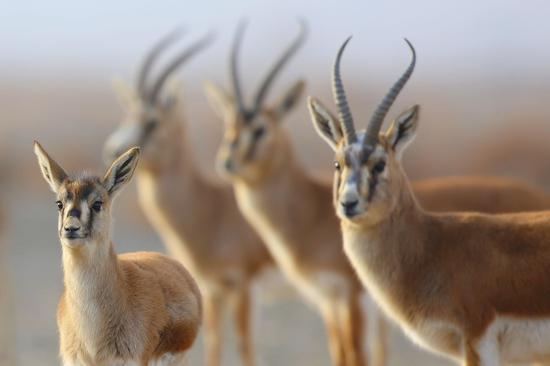
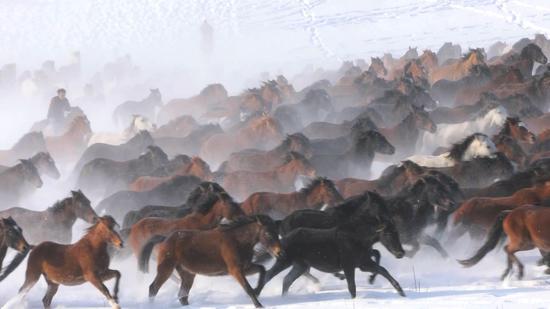

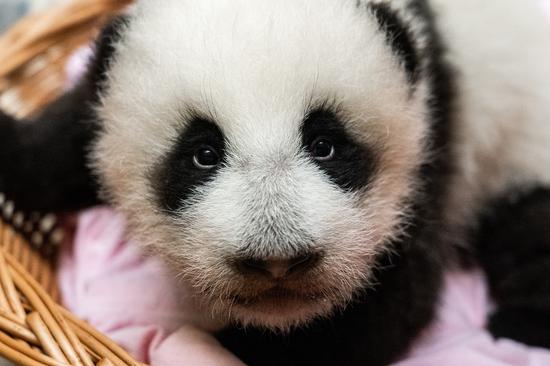
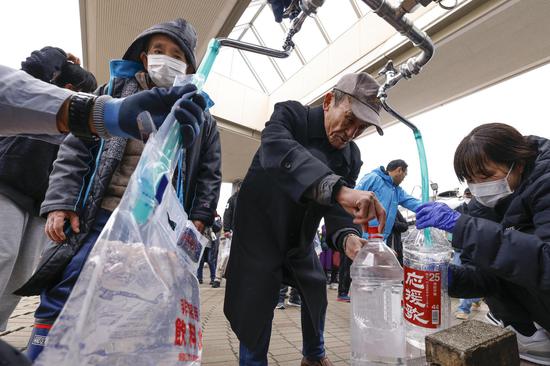



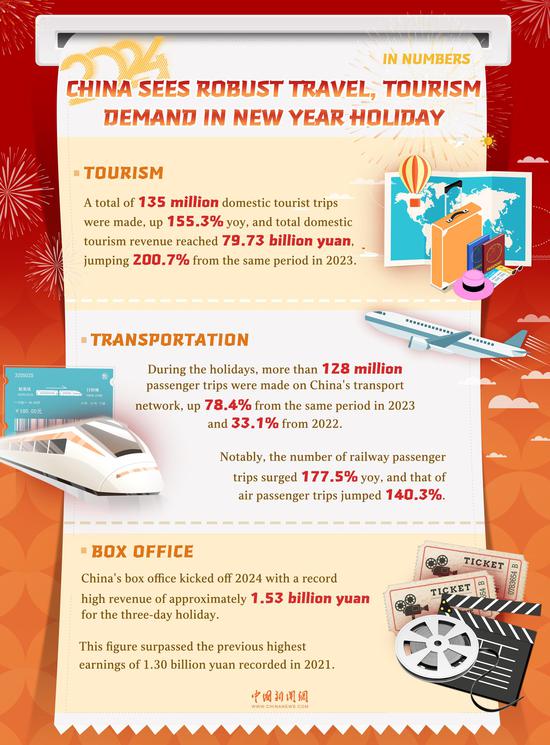
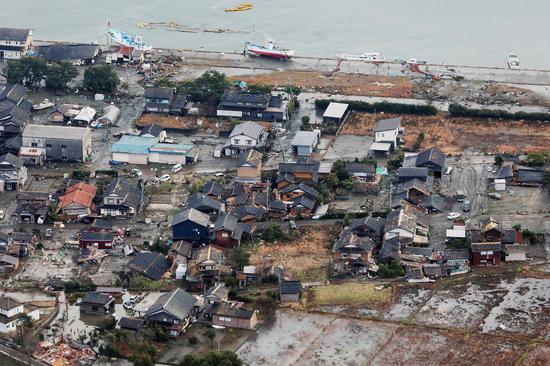

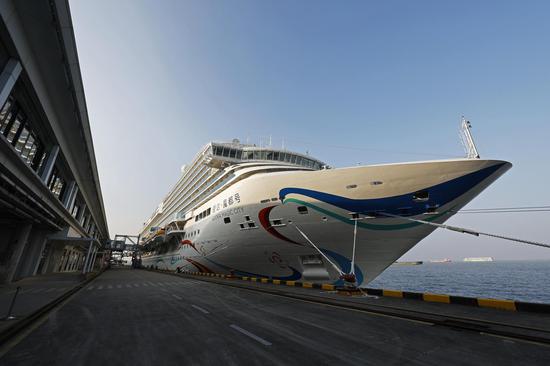



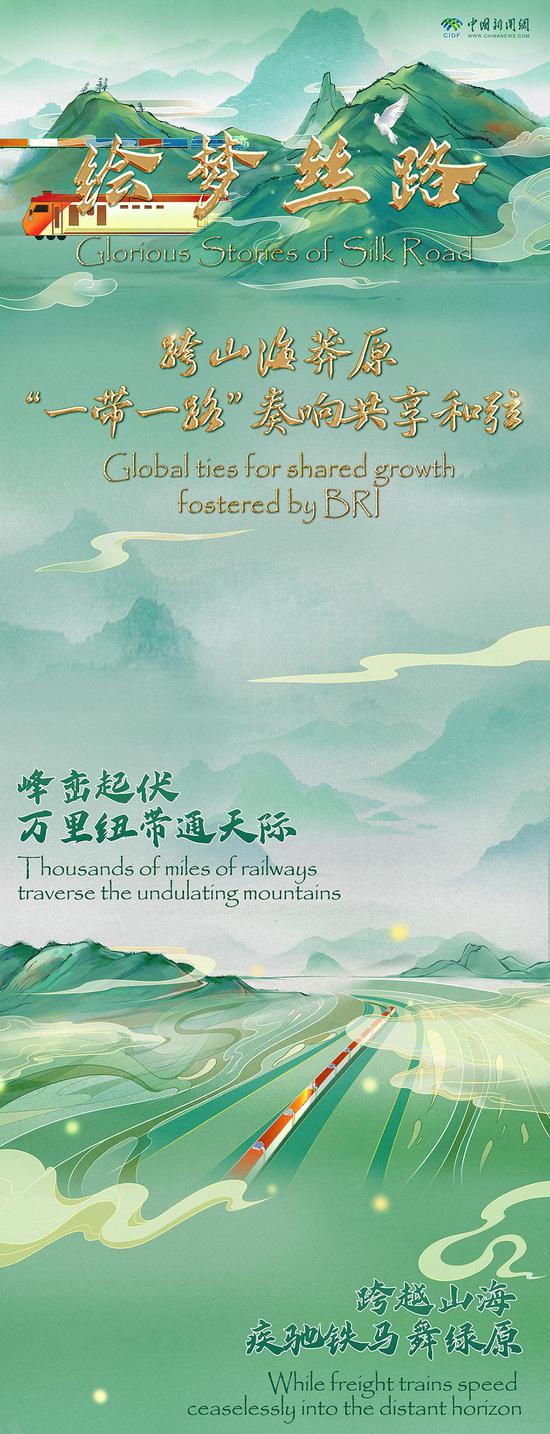



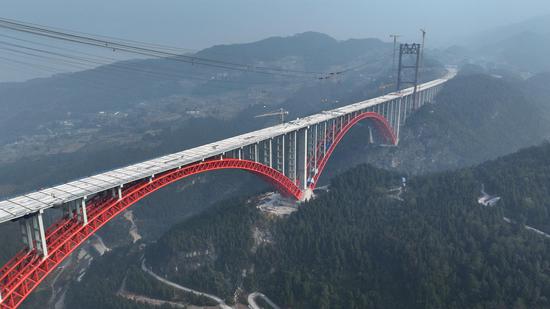
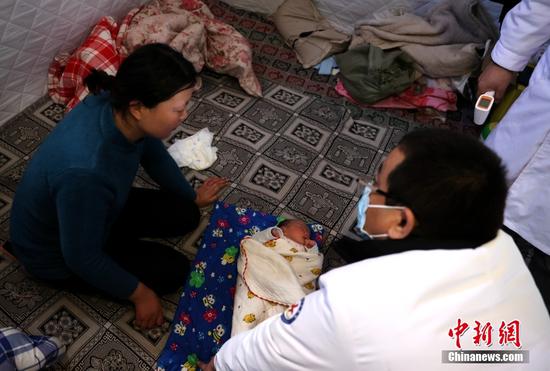
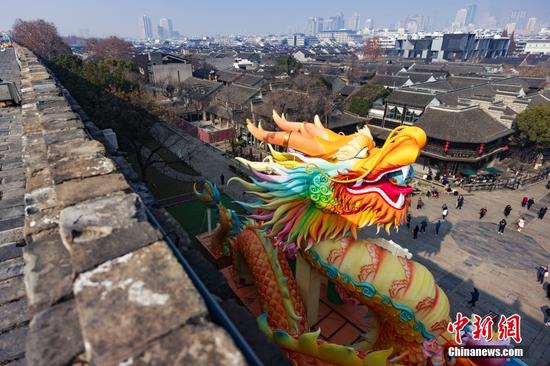







 京公网安备 11010202009201号
京公网安备 11010202009201号